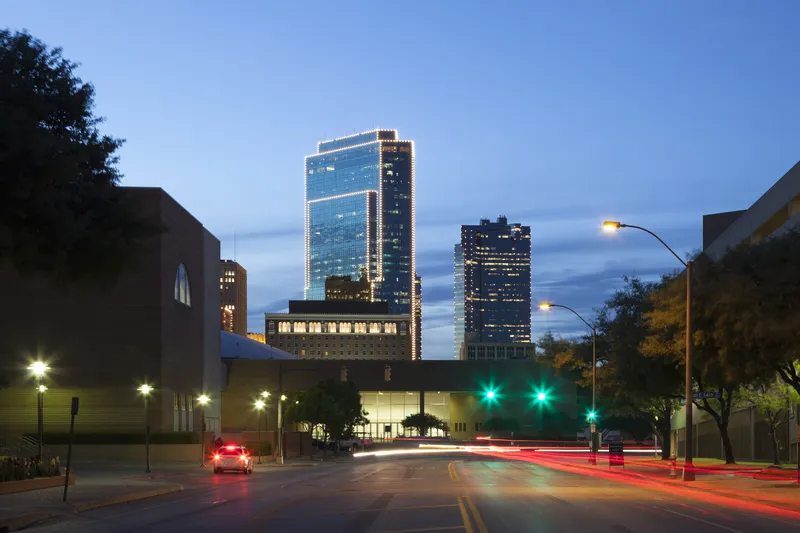Highway traffic congestion in the United States grew 6 per cent in 2013 compared with the previous year, more than three times the rate of inflation, according to traffic tracking firm
The rate compared with the gross domestic product increase of 1.9 per cent last year, Inrix said. Europe saw a similar increase in traffic congestion.
Los Angeles saw the worst traffic congestion in 2013, Inrix said. The average driver there wasted 64 hours in traffic throughout the year, an 8.5 per cent increase over 2012.
Honolulu, San Francisco, Austin, Texas and New York City rounded out the top five most congested metropolitan areas, and all saw large increases in 2013.
Inrix’s data found that cities with large growth in economic activity saw the most significant congestion increases.
US traffic congestion grows in 2013
Highway traffic congestion in the United States grew 6 per cent in 2013 compared with the previous year, more than three times the rate of inflation, according to traffic tracking firm Inrix.
The rate compared with the gross domestic product increase of 1.9 per cent last year, Inrix said. Europe saw a similar increase in traffic congestion.
Los Angeles saw the worst traffic congestion in 2013, Inrix said. The average driver there wasted 64 hours in traffic throughout the year, an 8.5 per cent increase
March 10, 2014
Read time: 1 min









